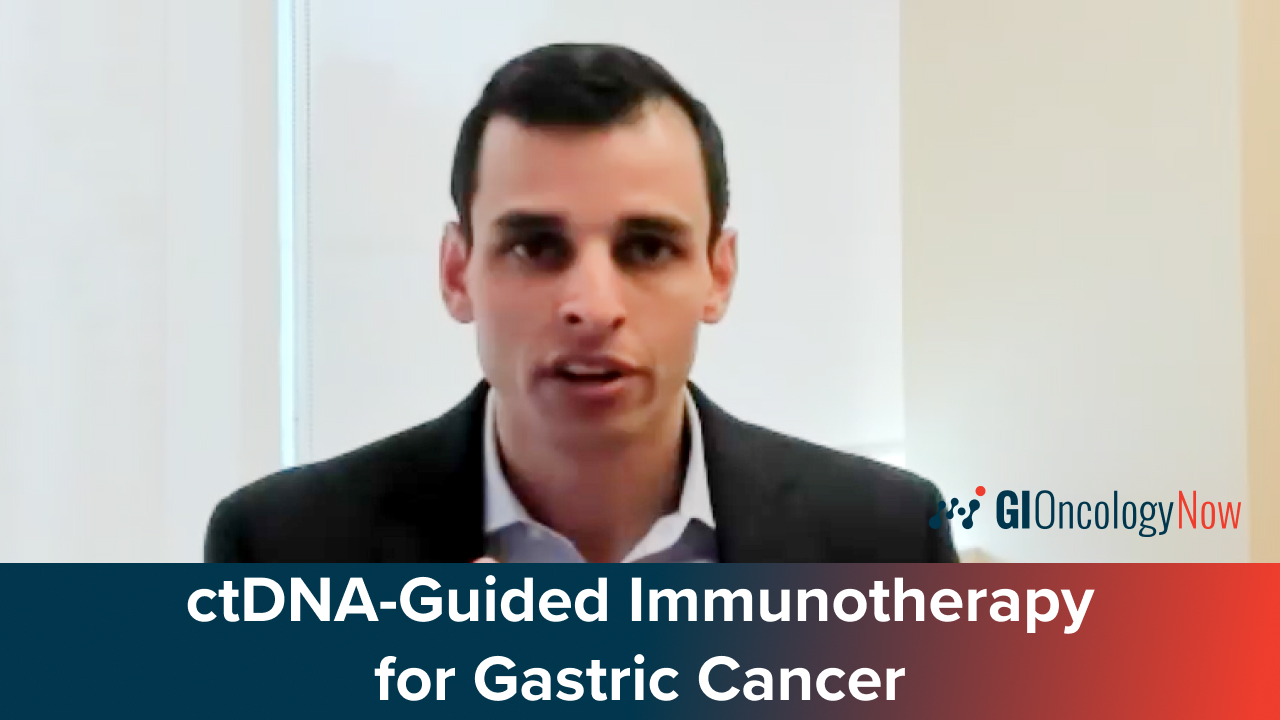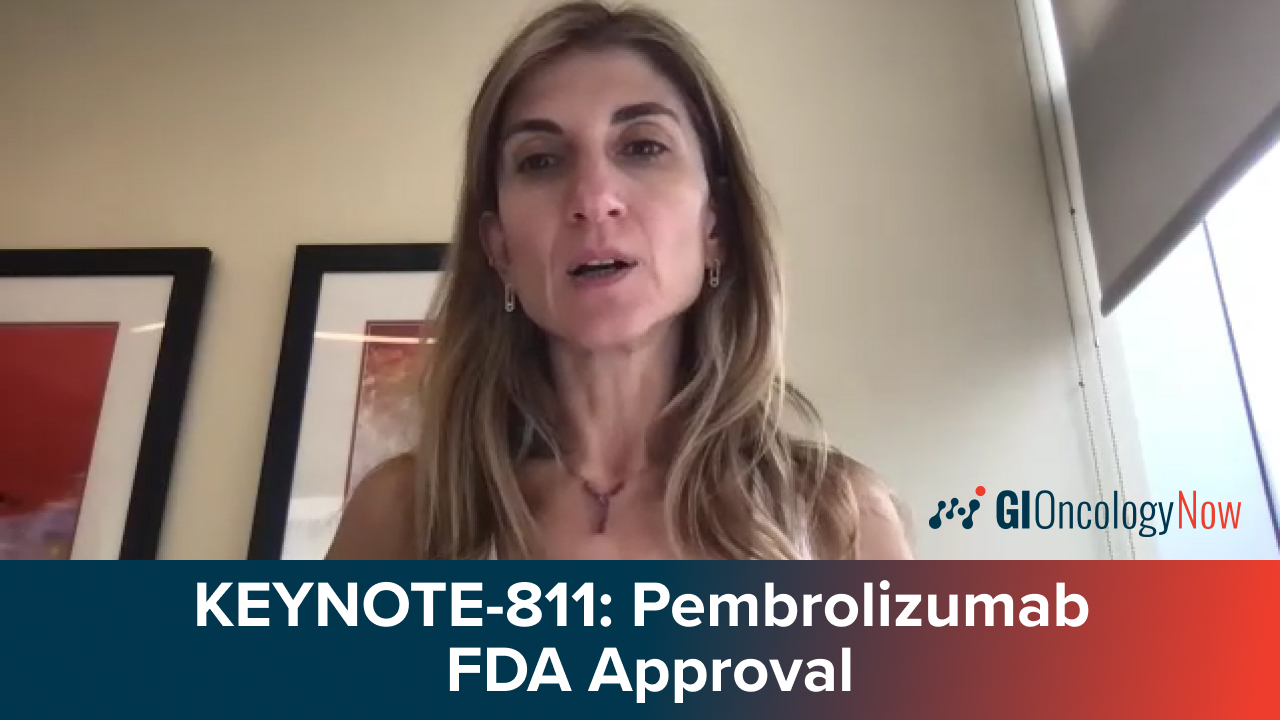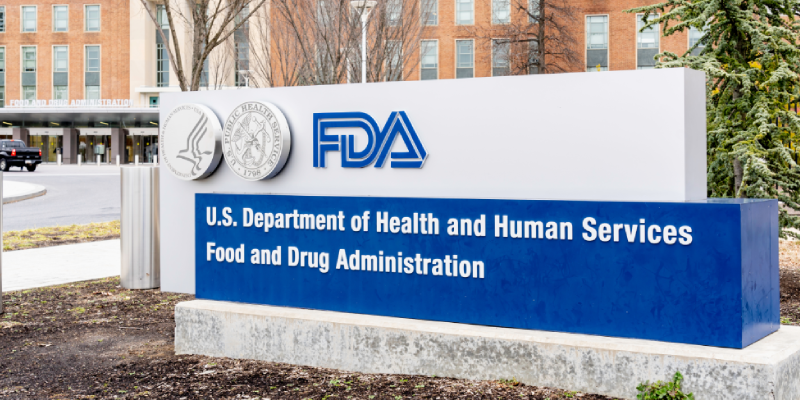
Gastric cancer remains a global health concern. It is the fifth most common malignancy and the fourth leading cause of cancer-related death worldwide. Surgical resection with curative intent is the primary therapeutic strategy for gastric cancer, yet the 5-year survival rate is just 20%.
Laparoscopic gastrectomy (LG) and laparoscopic-assisted gastrectomy (AG) are common surgical options for gastric cancer, and a new retrospective analysis sought to compare 72-month overall survival (OS) and disease-free survival (DFS) rates between the 2 treatments.
Researchers collected data from patients with gastric cancer who were treated at the Hospital de la Santa Creu i Sant Pau in Spain between January 2006 and February 2018. Patients were placed in an LG or AG cohort depending on the treatment received, and further subclassification was done based on the type of gastrectomy or anastomosis performed, including total gastrectomy (TG), partial gastrectomy (PG), laparoscopic-assisted total gastrectomy (ATG), and laparoscopic-assisted partial gastrectomy (APG).
A total of 139 patients underwent treatment (74 in the LG group and 65 in the AG group). Of the patients who received LG, 17 underwent TG and 57 underwent PG. Of the patients who received AG, 27 underwent TG and 38 underwent PG.
Analyzing the 72-month OS showed a survival probability of 75.4% with LG compared with 48.7% with AG, demonstrating a significant difference. DFS at 72 months showed a probability of 71.7% with LG and 48.5% with AG, but this finding did not reach statistical significance based on log-rank tests.
The different forms of gastrectomy and anastomosis performed—TG, PG, ATG, and APG—showed survival probabilities of 77.9%, 74.9%, 60.9%, and 43.4%, respectively, and DFS rates of 70.1%, 72.1%, 54.0%, and 44.0%, respectively, with no statistically significant differences based on log-rank tests.
A multivariate Cox proportional hazards model was utilized to identify several key factors influencing mortality risk, which were found to be statistically significant. Recurrence increased the risk of death, and males were found to have a higher risk of death than females. Age also increased the risk of death 1.046 times for each additional year in patients with gastric cancer.
While the study data point toward the benefit of APG, variations in existing literature and study limitations warrant further investigation.







 © 2025 Mashup Media, LLC, a Formedics Property. All Rights Reserved.
© 2025 Mashup Media, LLC, a Formedics Property. All Rights Reserved.